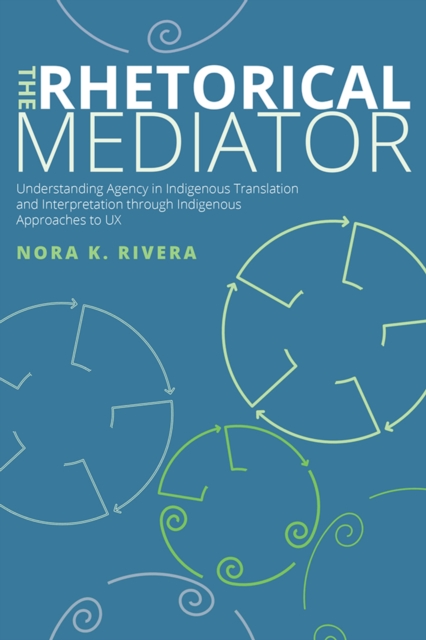
The Rhetorical Mediator : Understanding Agency in Indigenous Translation and Interpretation through Indigenous Approaches to UX PDF
by Rivera Nora K. Rivera
Description
The Rhetorical Mediator reveals how and why scholars and user experience (UX) researchers can include Indigenous technical communicators and oral interpretation practices in their interdisciplinary conversations. Nora Rivera analyzes the challenges that Indigenous interpreters and translators face in Peru, Mexico, and the United States as a means of understanding their agency and examines the various ways in which technical and professional communication, translation and interpreting studies, and UX research can better support the practices of Indigenous interpreters and translators.
In places where Indigenous language translation and interpretation are greatly needed, Indigenous language mediators often lack adequate systems to professionalize their field while withstanding Western practices that do not align with their worldviews. Through a “design thinking” methodology based on her work organizing and participating in an Indigenous-focused interpreter and translator conference, Rivera examines testimonios and semi-structured interviews conducted with Indigenous interpreters and translators to emphasize dialogue and desahogo (emotional release) as Indigenous communication practices.
The Rhetorical Mediator advocates for Indigenous language practices that have been sidelined by Western scholarship and systems, helping to create more equitable processes to directly benefit Indigenous individuals and other underrepresented groups. This book benefits specialists, including UX researchers, technical and professional communicators, interpreters and translators, and Indigenous professionals, as well as academics teaching graduate and undergraduate methods, Indigenous rhetoric and translation, and UX courses.
Information
-
Download - Immediately Available
- Format:PDF
- Pages:199 pages
- Publisher:Utah State University Press
- Publication Date:15/02/2024
- Category:
- ISBN:9781646425310
Information
-
Download - Immediately Available
- Format:PDF
- Pages:199 pages
- Publisher:Utah State University Press
- Publication Date:15/02/2024
- Category:
- ISBN:9781646425310






